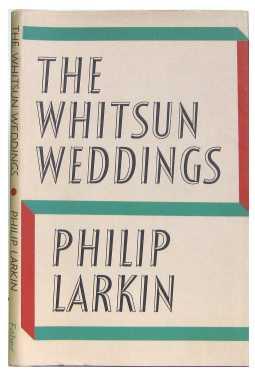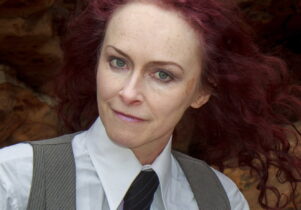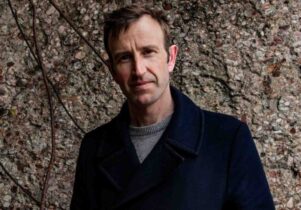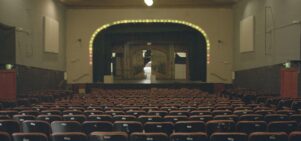Sons and Mothers online talk with Elizabeth Gaskell’s House
Sarah-Clare Conlon, Literature EditorBook now
Sons and Mothers: Lawrence, Larkin and the Maternal Muse
Always double check opening hours with the venue before making a special visit.

Explore the work of two of the finest English writers of the 20th century in what promises to be a fascinating talk looking at how the relationship of DH Lawrence with his mother influenced his work and how that, in turn, affected Philip Larkin’s poetry some years later. Join poet Philip Watts for the online event, ‘Sons and Mothers: Lawrence, Larkin and the Maternal Muse’, when he’ll be reading extracts and also several complete poems, and discussing the common themes and inspirations.
This event should help show why Larkin’s work was once described as ‘a poetry from which even people who distrust poetry, most people, can take comfort and delight’.
Find out more about DH Lawrence (11 September 1885 – 2 March 1930), regarded as the ‘greatest imaginative novelist of our generation’. Lawrence published Sons And Lovers in 1913 and completed The Rainbow in 1915, but the book was declared obscene and banned two months later. His next novel, Women In Love, also saw unconventional female characters take centre stage and was another highly controversial novel, banned temporarily, not finding a publisher for three years after finishing it in 1917. Most famously, perhaps, is the furore surrounding Lady Chatterley’s Lover, which – although first published privately in 1928 in Italy and in 1929 in France – was not published openly in the United Kingdom until 1960, when it was the subject of a watershed obscenity trial against the publisher Penguin Books.
Philip Larkin (9 August 1922 – 2 December 1985) published perhaps his most famous collection of poetry four years later. Based in Hull, where he was university librarian, his first book of poetry, The North Ship, was published in 1945, followed by two novels, Jill (1946) and A Girl In Winter (1947), although he didn’t come to prominence until 1955 when his second collection of poems, The Less Deceived, came out. This was followed in 1964 by The Whitsun Weddings – a commercial success, 4,000 copies selling within two months, and containing many of his best-known poems – and, a decade later in 1974, by High Windows. This event should help show why Larkin’s work was once described as ‘a poetry from which even people who distrust poetry, most people, can take comfort and delight’.
The talk will be approximately 45 minutes long, with time for a short question session afterwards.



























